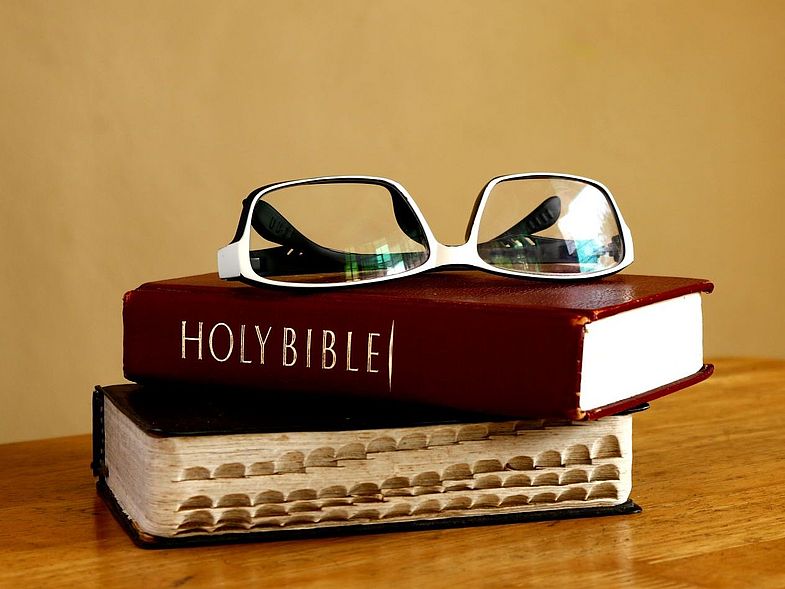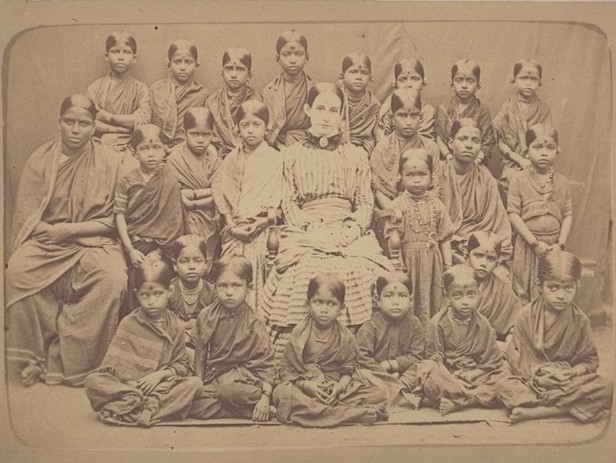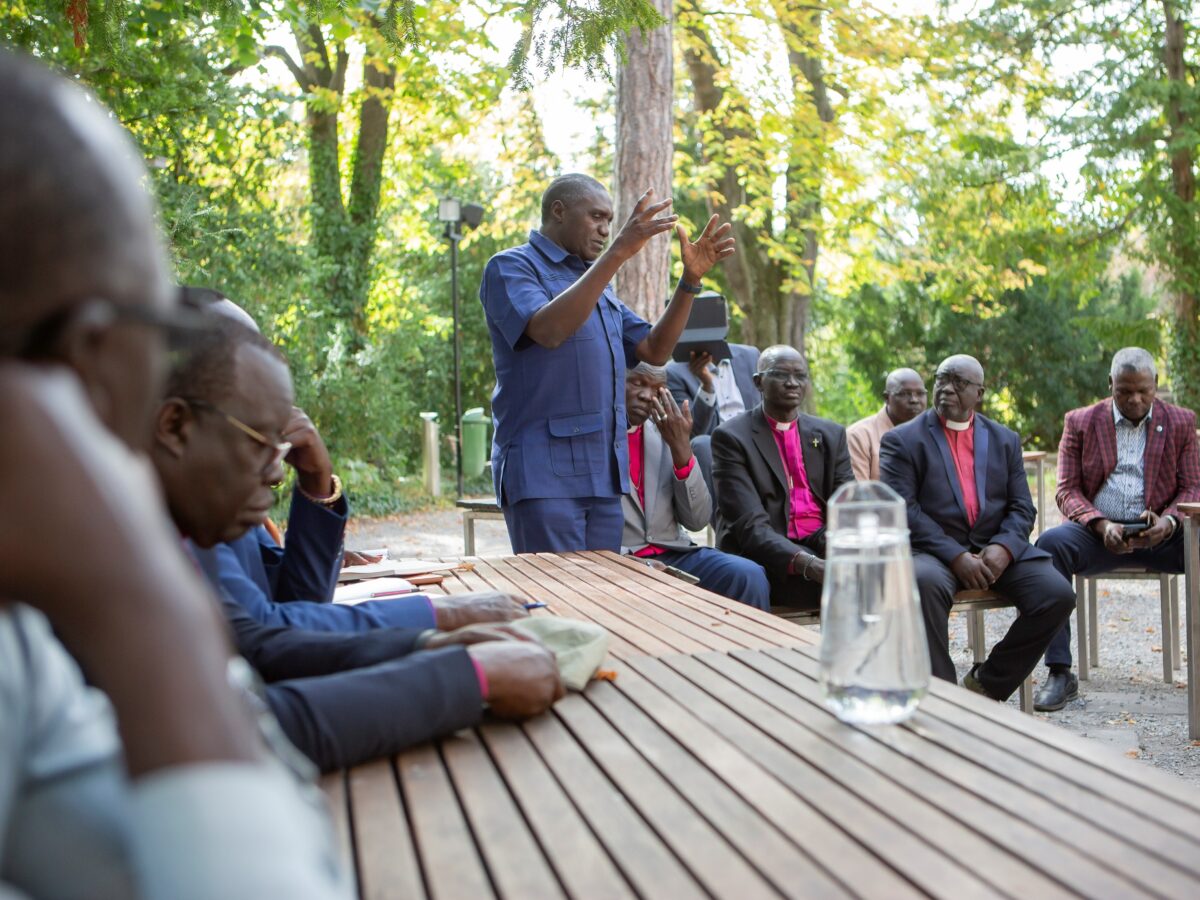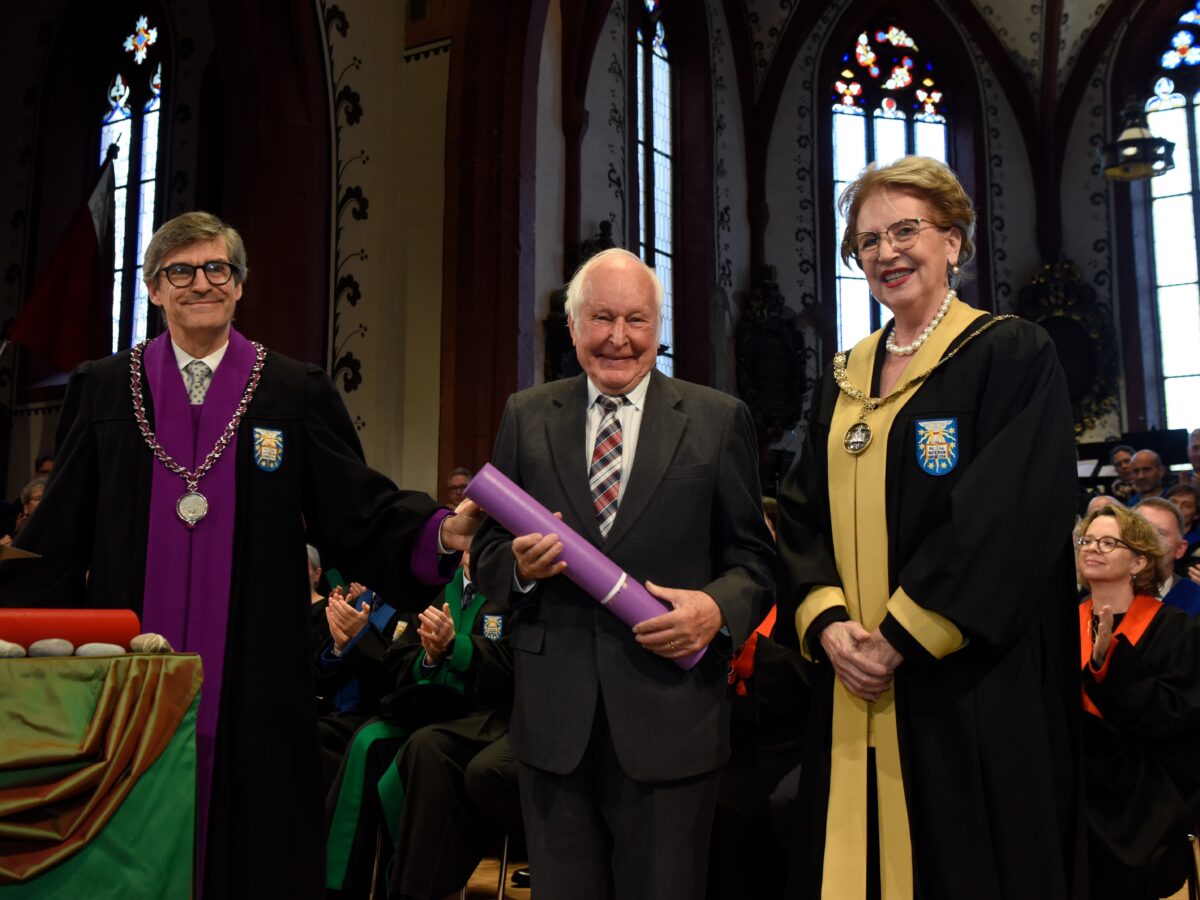Europeans visiting the Basilica of the Annunciation in Nazareth experience a culture shock in the courtyard: pictures depict Jesus as he is depicted in other cultural circles. Once with clearly Asian facial features, another time with dark skin. The usual white man with blue eyes is only one of many there.
"It didn't surprise me when I saw a blond Jesus in movies," says David Castillo Mora. He studied biblical studies in South Africa and teaches at the Universidad Biblica Latinamericana in San José, Costa Rica. "Many Latin American churches and Christian institutions reproduce the Eurocentric view because it has been introduced as a universal truth."
However, the idea of people in the Bible as white is only the most obvious manifestation of the dominant European view of the Bible. It is also about the understanding and interpretation of the biblical contexts. At Dialog International on February 17, our guests spoke in particular about readings of the Bible adapted to cultural contexts in formerly colonized countries.
Making the Bible your own
Indian Dr. Sharon Jacob, associate professor of New Testament at the Pacific School of Religion in Berkeley, California had felt the dominance of the Western perspective both in the church and in academic discourse. "I realized, in order for the Bible to speak to us, we have to embrace the Bible."
Especially the New Testament is much closer to the Indian context than to the European one. She illustrates this with the example of the parable of the Prodigal Son. "For me as an Indian, the meaning of shame and honor in this biblical passage is much more comprehensible than for the European context."
She read Mary's hymn of praise in Luke 1 from the point of view of an excluded woman, who in India would probably have belonged to the so-called untouchables in former times. "He looked at the lowliness of his handmaid" takes on a much greater meaning from this point of view.
Empty and detached
"Luke put a much greater focus on gender and where people came from because he himself had a non-Jewish background," interjects the third speaker. Madipoane Masenya is professor of Old Testament as well as deputy director of the University of South Africa, Pretoria. The Eurocentric view of the Bible was particularly evident to her during the apartheid regime. "Certain interpretations of the Bible were forbidden for political reasons. Especially those that put God on the side of the oppressed."
For Maripoane Masenya, the Bible has long felt very empty and detached "Because we weren't allowed to look at the Bible through the eyes of our own reality." In her view, European scholars do not do justice to the perspectives of women and blacks. Otherwise, it would be much more widely known that Moses' second wife Zipporah was black, one audience member interjects, and that Moses is saved four times by a woman.
After the one-and-a-half-hour discussion, it is clear that we miss out on a lot if we regard the Eurocentric view of the Bible as the only true one. For the Holy Scriptures gain depth when they are read with different eyes.






